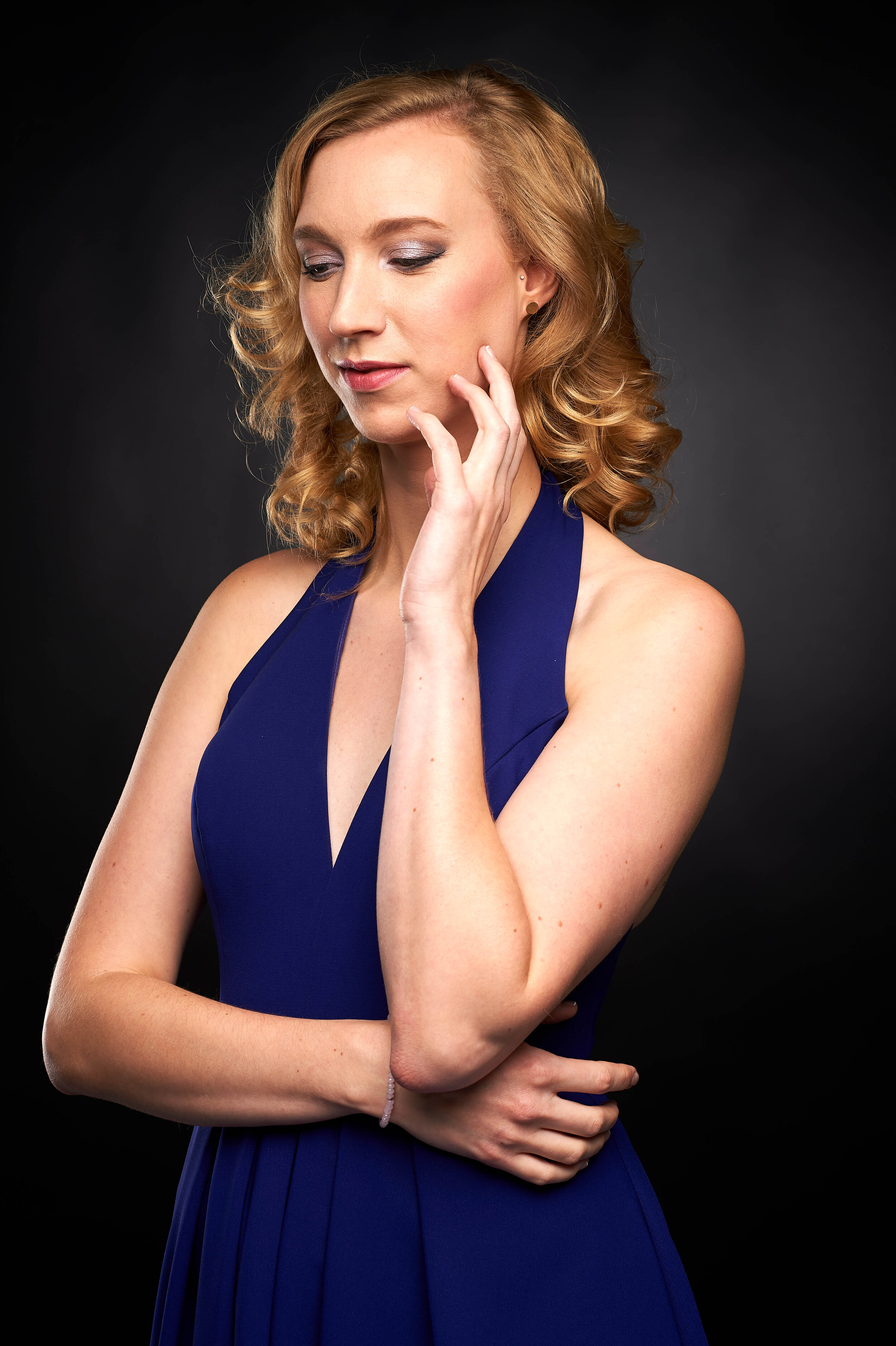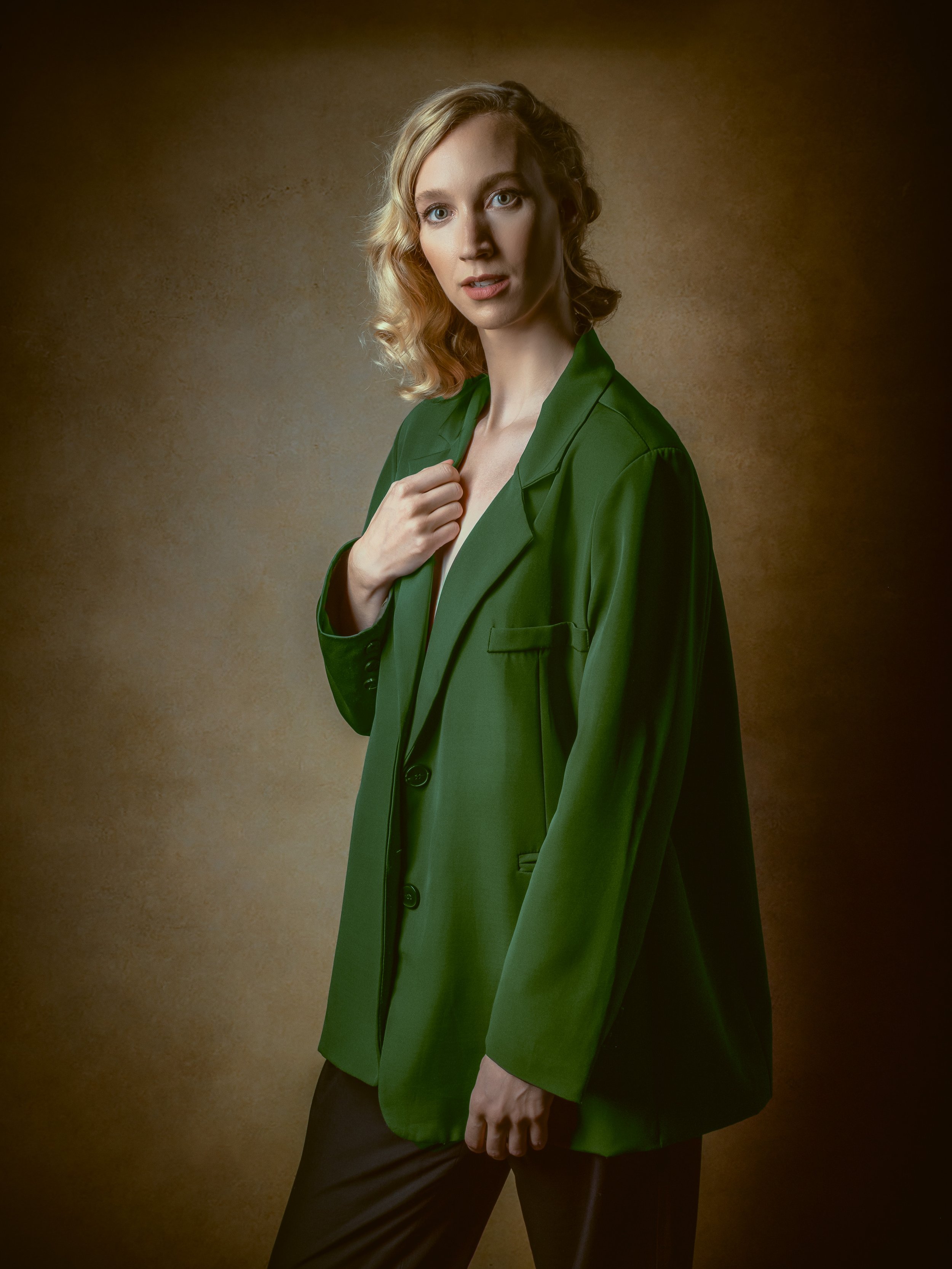Deborah Cachet
Deborah Cachet
Soprano
Deborah Cachet is managed worldwide by Rozemarijn Tiben and Fernando de Testa.
Contact:
Artist Manager
E: rozemarijn.tiben@interartists.nl
T: +337 49 53 29 57
Assistant Artist Manager
E: fernando.detesta@interartists.nl
T: +33 7 48 25 93 63
Reviews
Recital La Chambre Bleue at the Opéra Grand d’Avignon
“Her voice is clear and light, with a warm, pure timbre and a rapid, well-marked vibrato. Her nuanced, highly elegant vocal line is accompanied by extremely delicate phrasing. Her diction is totally comprehensible, the “r “s clearly rolled, but without exaggeration. She doesn’t tire of trying to show off her projection in the hushed acoustics of this hall, but her rare high notes make it clear that she has the necessary support to carry the voice.”
Théone in Lully’s Phaéton at the Opéra Nice Côte d’Azur
“Deborah Cachet’s Théone is truly the star of the evening: overwhelming, she displays a breathtaking grace, supported by a luminous and crystalline voice”
“Deborah Cachet puts her beautiful soprano at the service of the loving and resplendent Théone and brilliantly manages the demands of a score that is not lacking in difficulty. Even the high pitch of our famous diapason did not destabilise her and her diction remained a perfect model throughout the evening.”
“Her pure timbre flows over a twirling vocal line, supported by a fine and velvety vibrato. Her delivery is involved and precise: she is touching and capable of great delicacy.”
“Deborah Cachet’s Théone is a great success: her delivery, articulation, character... Everything about her perfectly suggests the passion for love that literally consumes her and explains her beautiful desperate aria at the beginning of the third part, to the point where, with no hope or illusion about her beloved, the discarded lover exhorts the gods to punish Phaeton, before disowning herself. A magnificent performance. Full of finesse and luminous darkness, this is the most elaborate of Lully and Quinault’s works and the most moving.”
“Deborah Cachet is an immensely pleasing and confident soprano – a voice to listen out for.”
“Belgian soprano Deborah Cachet is a dream Alphise”
“In Ariane’s aria Rochers vous êtes sourds (attributed to Michel Lambert), the soprano Deborah Cachet offers an ornamented version that shows a perfect mastery of vocal ornamentation.”
“the soprano arias from the cantatas BWV 32 (Liebster Jesu, mein Verlangen) and BWV 105 (Wie Zittern und Wanken) reminded us of the gold mines of these in no time. Especially the latter vibrated and pulsated in an almost magical way in the Belgian soprano Deborah Cachet’s sensitive well-sounding interpretation.
However, it was the queen of Saba who got the last word with the aria Will the Sun forget to Streak from Handel’s oratorio Solomon and here too Cachet impressed with an equally natural protrusion that down to the smallest detail controlled making music.”
“(...) Followed by Monteverdi’s mesmeric Si dolce è’ l martire (a re-texting of Si dolce è’ l tormento) with a sparklingly bittersweet performance from soprano Deborah Cachet, the genius of the programme is clear by the third piece.”
“Deborah Cachet was the rebellious Queen Alphise with a noble soprano voice, her performance led elegantly and also technically sovereign.”
“In the roles of Procri, a nymph and a muse was the soprano, Deborah Cachet. Having been betrayed by Cefalo who has taken up with the goddess, Aurora, Procri sings of her pain in the closing scene of Act one: Cachet wrapped every phrase with a heartfelt sadness, using her expressive voice to spin out long melancholic lines which perfectly captured the pain that she was feeling. In fact, throughout the evening, she put in a persuasive performance, founded upon her strong, evenly-balanced voice.”















